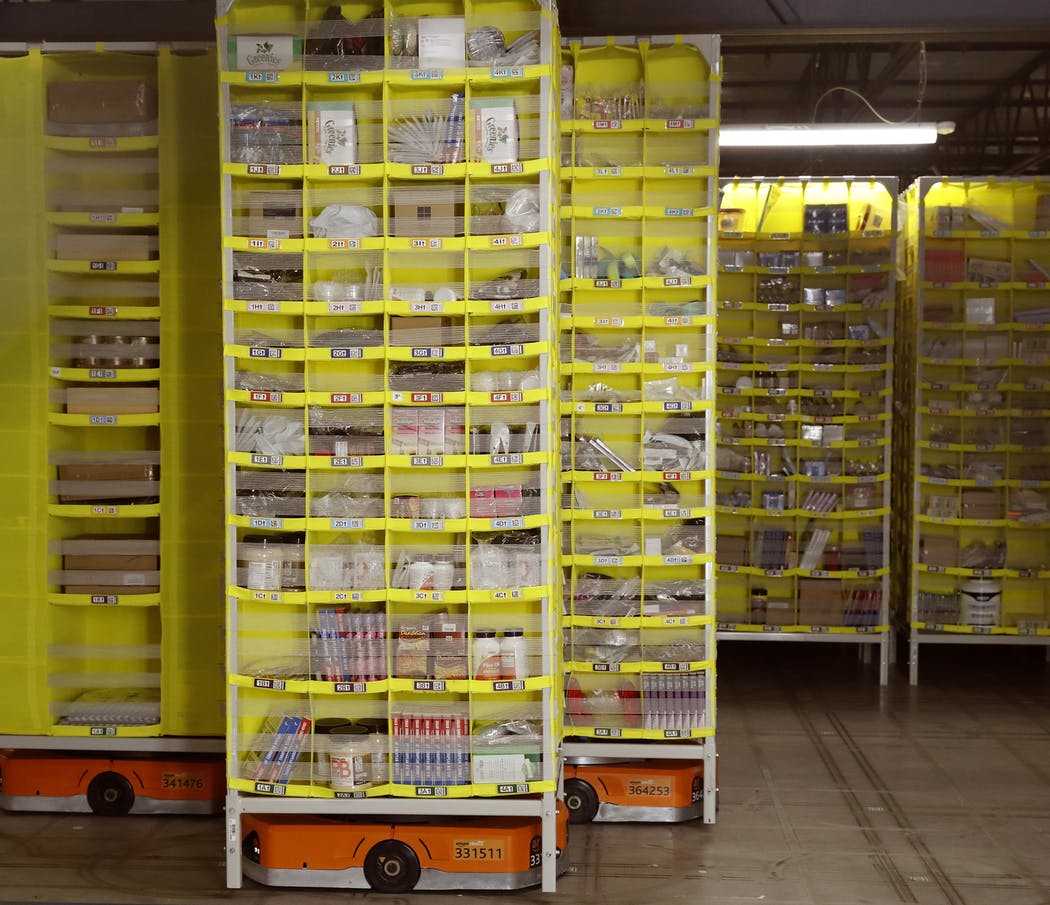A new term is being used to describe the current state of our manufacturing economy — Industry 4.0. In other words, the Fourth Industrial Revolution.
What were the previous industrial revolutions and how does this one differ?
Industrial Revolution 1.0: Beginning in England around the American Revolution, masses of people moved from farming to factories, with steam engines providing manufacturing power and distribution through railroads and steamboats. The telegraph revolutionized long distance communication.
Industrial Revolution 2.0: Beginning in the late 19th century, a series of technological innovations spurred the development of mass production and the expansion of the giant metropolis — oil, steel, electricity, telephone, radio, automobile and airplane.
Industrial Revolution 2.5: The past century saw a "soft" but critical revolution — lean production. Adding statistical process control and continuous improvement to mass production led to incredible increases in manufacturing and services efficiency, and remains the foundation of our economy.
Industrial Revolution 3.0: The advent of mainframe computing in the 1960s; personal computers, or PCs, in the 1980s; and the internet in the 1990s led to a digital overlay of process automation that changed how corporations manage and exchange information. For that matter, it created the concept of "information."
Industry 4.0: Now to the current day. As described in "The 4th Industrial Revolution," a 2017 book by Klaus Schwab, executive chairman of the World Economic Forum, Industry 4.0 has data and analytics at its core. It includes digitally integrating and automating corporate and industry processes, leveraging cyber-physical systems (mechanisms controlled by algorithms), the Internet of Things, cloud computing and artificial intelligence (AI). The goal is the entire economy functioning as a single "smart factory," anticipating customer needs and adjusting inputs and outputs to fulfill them, with most decisions being made by algorithms based on data — yours and mine.
Like the previous revolutions, Industry 4.0 will cause much disruption and greatly reduce the cost of consumer goods. Unlike the previous ones, it will not create masses of new jobs.
How disruptive will this be?
In the words of Bernard Marr, an AI industry analyst: "Historically, industrial revolutions have always begun with greater inequality followed by periods of political and institutional change. The industrial revolution that began at the beginning of the 19th century originally led to a huge polarization of wealth and power, before being followed by nearly 100 years of change, including the spread of democracy, trade unions, progressive taxation and the development of social safety nets. It seems a safe bet to say, then, that our current political, business and social structures may not be ready or capable of absorbing all the changes a fourth industrial revolution would bring, and that major changes to the very structure of our society may be inevitable."
The changes that Marr alludes to will likely transcend current political categories of left and right, in the same way that liberal and conservative mean very different things than they did 200 ago.
Isaac Cheifetz is an executive recruiter and strategic résumé consultant based in the Twin Cities. His website is www.catalytic1.com.



 RSS Feed
RSS Feed